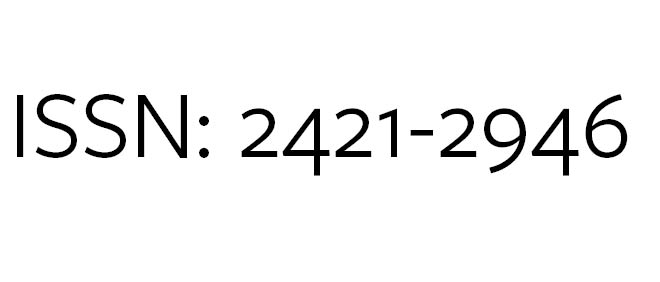Pedagogy of reading for pleasure
Tiziana Mascia
Research highlights a wide range of educational, personal, social, and emotional benefits for those who choose to read for pleasure. Students who read for pleasure tend to have higher reading scores, with additional positive emotional effects. However, there has been a decline in the number of young people who enjoy reading and choose to read in their free time. Reading is often seen as a task related to study and academic performance rather than a leisure activity. Poor reading skills can lead to negative outcomes such as early school dropout and functional illiteracy. To address this, promoting literacy and children’s literature education is crucial in encouraging and supporting reading for pleasure. This article examines the positive impact of reading for pleasure on students’ motivation, skills and learning outcomes. It explores the rationale behind Reading for Pleasure Pedagogy, which is increasingly present in the programmes and educational policies of Northern European countries.
Keywords
Reading for pleasure, Reading for pleasure pedagogy, Reading motivation, Children’s literature, Literacy education.



